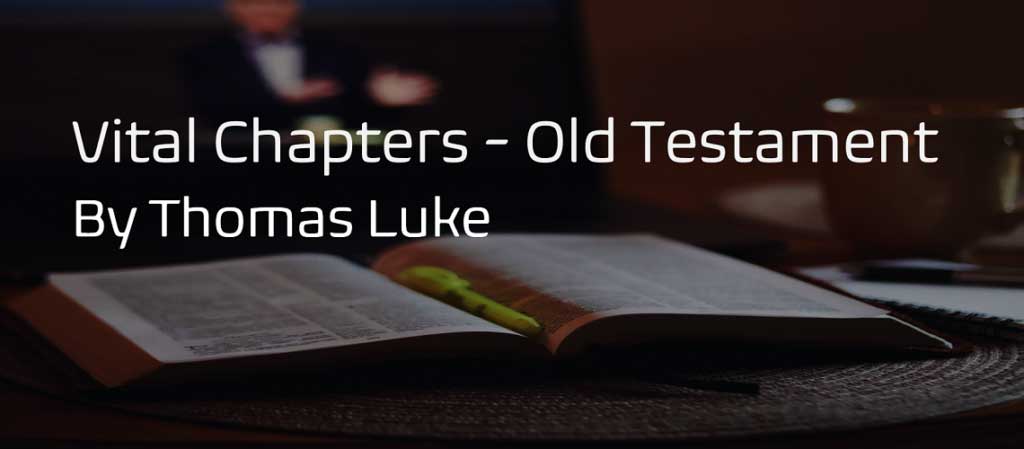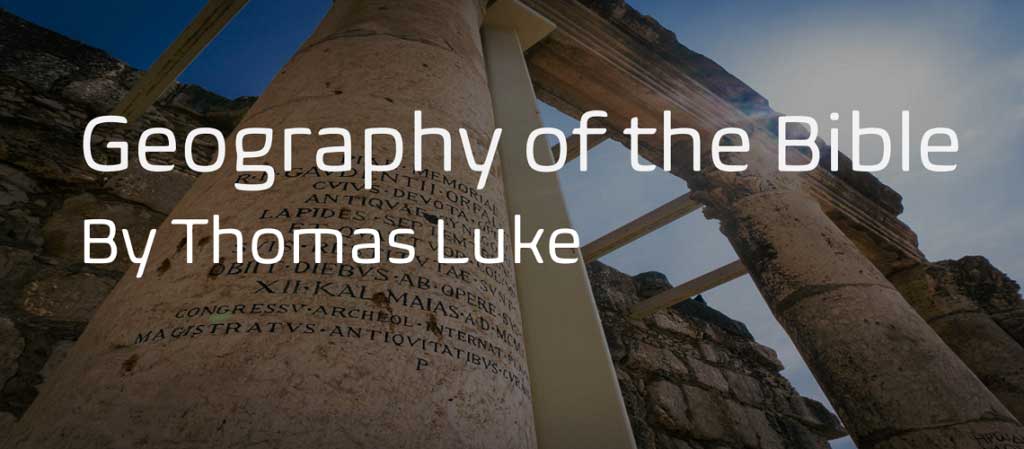Athanasius was a Christian hero that fought to preserve the teachings of the Trinity and the Incarnation. He is considered a Church Father, major defender of the Trinity and an important historical figure in the history of Christianity. He is a great man of faith that the work of God’s plan continues to triumph through the ages.
The wealthy family that Athanasius was born into gave him the advantage of receiving a good education. One day as he played with other boys outside, Bishop Alexander watched him from afar. He was recruited for a clerical career. This was the beginning of a life full of excitement and work for the Lord.
The Bishop invited him to be his commensal and secretary due to his well-rounded education and his ability with grammar and rhetoric. Later, Bishop Alexander ordained him a deacon. He was recognized as a theologian and obvious choice to replace the aging Bishop.
Alexandria was the leading world trade center during Athanasius’s childhood. He was exposed to the diverse culture of Graeco-Roman world as well as the last persecutions of Christianity by pagan Rome.
Athanasius led a very interesting life which included exiles, travels to Rome, North Africa, Gaul (current Belgium / Holland) and surrounding areas. He would experience five different exiles.
In the final years of his life, upon returning to Alexandria all the episodes of violence and exile, he resumes to writing and preaching without disturbance. It is in this stage of his life that he found tranquility and died peacefully at home.
The significant and historical value of “Letter Concerning the Decrees of the Council of Nicaea” is the first known listings of all those books now accepted as the New Testament. Other writing includes Orations Against the Arians, his defense of the divinity of the Holy Spirit, and against Macedonians and On the Incarnation.
Athanasius also wrote a two-part Against the Heathen and The Incarnation of the Word of God. This work was completed early in his life, before he Arian controversy. This is the first classic work of developed Orthodox theology. The first part he attacks several pagan practices and beliefs. In the second part, he presents teachings on the redemption. Other important works include Letters to Serapion, which defends the divinity of the Holy Spirit. He also wrote several works of Biblical exegesis, primarily on Old Testament materials. The Epistle to Marcellinus references how to incorporate Psalms into one’s spiritual practice. Discussions of these excerpts remain concerning the Book of Genesis, the Song of Solomon, and Psalms.
Bibliography
Barry, John et al., The Lexham Bible Dictionary (Bellingham, WA: Lexham Press, 2016).
ESV: study Bible: English standard version. Wheaton, IL: Crossway Bibles, 2007.



